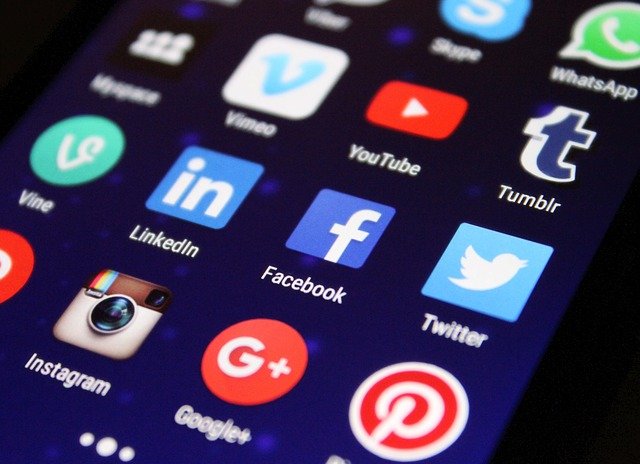For work or play, social media has become a strong part of our lives, and it is here to stay. Social media allows us to be continuously connected with family, friends and the pulse of business, even while we are busy doing other things! Social media helps us find jobs, events, lets us know what our friends and families are up to, and it links us to news that is happening not only in our community, but literally around the world. Despite social media policies and your organization’s attempts to manage your employees’ use of social media at work, constantly checking in with social media on a regular basis has become the norm in most offices, instead of the exception.
Allowing your employees to access their social sites results in happier employees, which in turn results in increased productivity and retention – but it can also result in anxiety, depression, and overall poor mental health.
Studies have found that Facebook and other social media platforms can negatively affect a user’s mental health. Facebook’s former vice-president for user growth has stated that the platform is slowly destroying how society works by creating short-term dopamine (reward-motivated behaviours). One study discovered that technology is not only addictive, but it can have mental health consequences such as depression, stress and sleep disorder.
Whether they are using it for fun or for business, it is your responsibility to inform your employees that too much social media can have a negative impact on their mental health. So how do we support an employee’s need to interact with social media without jeopardizing their productivity? Below I’ve outlined a few tips to help you help your employees better navigate social media at work and beyond.
Unplug. Researchers have found that unplugging from social media gives your brain the time it needs to recharge before starting a new day. Create a team or individual challenge for your employees by asking them to unplug for a morning, a workday, or 24 hours. You can then regroup with your team and elicit feedback as to the changes they noticed in themselves while being unplugged. If your staff generally comments about not sleeping well, feeling depressed, or just stressed out, give them this challenge to try and see how much better they feel.
Limit usage time. Like distracted driving, engaging in social media throughout the day can also be a distraction from focussing on work. While it is difficult to “police” employees’ connectedness with their personal social media, you can suggest reducing social connection time to breaks and lunch hours only. In fact, inviting staff to use their social media at work judiciously may lead to better trust, honesty, and general happiness among staff, resulting in better mental health.
Personal Connection. Encourage more face-to-face time for your staff. This is not a meeting; rather, it could be a luncheon, a learning session or potluck. These are great ways to build team connections, collaboration, sharing and positively increase the mental health of your team. You can also encourage staff to interact with posts about team promotions beyond a simple “like”. Send them a private message or leave a comment on the post, as being an active user can better your mental health.
While social media is absolutely a powerful tool, like everything else in life, technology should be used in moderation to prevent it from creating or exacerbating mental health problems.
I hope these tips will help guide you on a new path to better mental health for your employees Remember, interacting on social media, limiting time on the platforms, and focusing on encouraging personal connections will positively affect your mental health. What have you done to limit social media time in your workplace?

